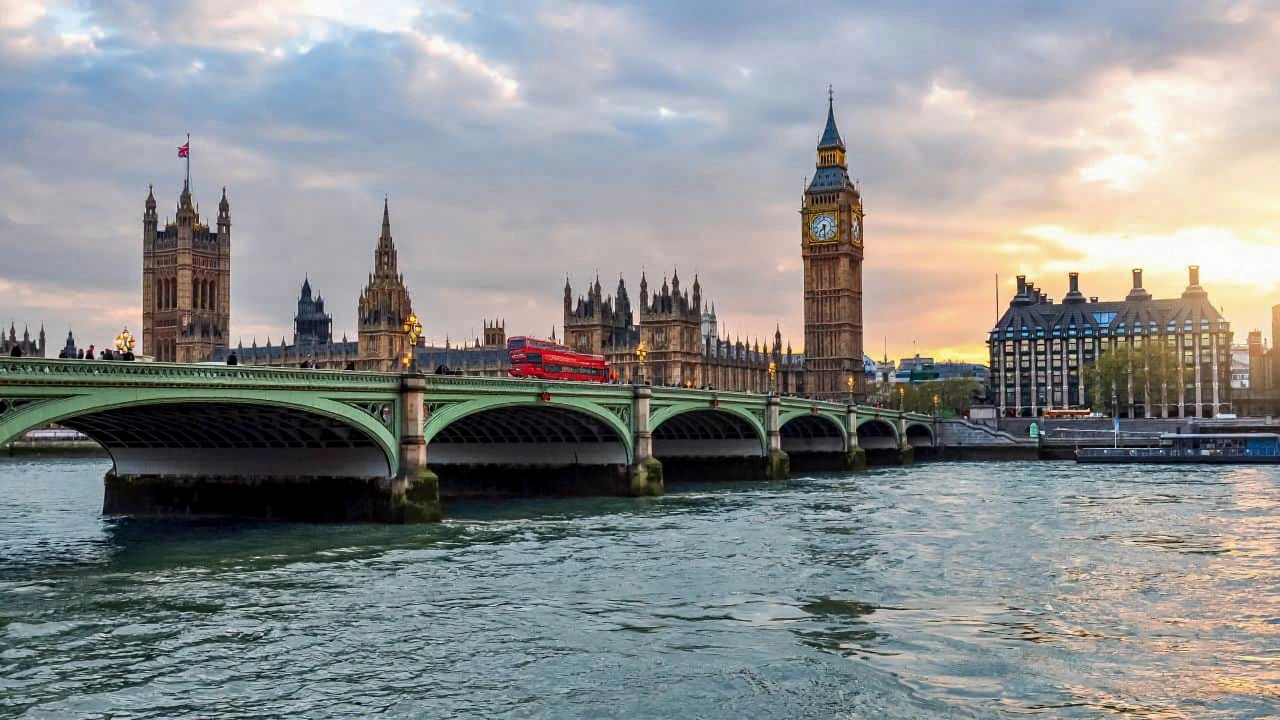Keir Starmer
When talking about Keir Starmer, the current leader of the UK's Labour Party and a key player in British politics. Also known as Sir Keir Starmer, his career blends legal expertise with parliamentary experience, you instantly step into a world that mixes policy, party dynamics, and public debate. In the same arena, British politics, the system of government, parties, and elections that shapes the United Kingdom provides the backdrop for every move he makes. The Labour Party, the centre‑left political party that aims to promote social justice and public services is the vehicle through which he pushes reforms, while the UK Parliament, the sovereign legislative body consisting of the House of Commons and the House of Lords offers the stage for his speeches and votes.
One of the core relationships here is that Keir Starmer leads the Labour Party, which in turn competes for control of the UK Parliament. This chain—Leader → Party → Legislature—creates a clear semantic triple: Keir Starmer leads Labour Party, Labour Party seeks majority in UK Parliament, and UK Parliament shapes British politics. Understanding this flow helps readers see why his stance on issues like the economy, foreign policy, or social welfare matters beyond party meetings.
Why Keir Starmer’s Actions Matter
Every policy proposal he puts forward triggers a ripple through the three entities we just mentioned. For example, when he advocates for a new climate bill, the Labour Party drafts the legislation, the UK Parliament debates it, and British politics adjusts its agenda to accommodate the change. This cause‑and‑effect pattern repeats across topics—from health care reforms to education funding—making his role a central hub in the political network.
Readers will also notice that the articles gathered under this tag don’t stay locked in politics. The collection includes pieces on international diplomacy (like the Netanyahu‑Australia exchange), cultural topics (song‑writing tips), and even swimming guides. That breadth reflects how political decisions ripple into everyday life: a foreign‑policy stance can affect sports funding; cultural funding decisions influence music education; health policies impact community swimming programs. By presenting these varied posts together, the page shows the practical side of Keir Starmer’s influence.
Take the recent diplomatic row involving Israel and Australia. While the headline mentions Prime Minister Anthony Albanese, the underlying political maneuvering is typical of the kind of parliamentary strategy that Keir Starmer studies and critiques. Understanding that strategy requires a grasp of how the UK Parliament models its foreign‑policy debates, which in turn informs the Labour Party’s stance on similar issues.
Another example comes from the world of sports. The post about preventing swim‑goggle fog isn’t about politics at first glance, but the regulatory standards for sport safety often originate in legislation debated in the UK Parliament. The Labour Party has historically backed stronger consumer protection laws, which eventually shape the guidelines swimmers follow. That connection makes it clear why a political tag can host swimming tips without feeling out of place.
For music lovers, the guide on writing song lyrics may seem unrelated, yet cultural policy—funded and overseen by the same governmental bodies that Keir Starmer leads discussions about—determines how much public money goes to arts education. The Labour Party’s commitment to creative industries can directly affect the resources available for aspiring songwriters.
All these threads converge on a single point: Keir Starmer’s decisions, through the Labour Party and the UK Parliament, influence a wide spectrum of public life. Whether you’re tracking a diplomatic message, planning a swimming session, or crafting a chorus, the political context matters.
Below you’ll find a curated list of articles that illustrate this interplay. Some dive deep into political analysis, others show how policy tangibly touches sport, music, and everyday activities. Use the collection to see how one leader’s agenda can ripple across sectors, and get a clearer picture of the forces shaping the UK today.

Starmer Threatens to Cut Support for London Asylum Seekers Who Refuse Relocation
Starmer warns London asylum seekers who stay in hotels they'll lose housing and cash support, sparking political backlash and concerns over rising homelessness.
